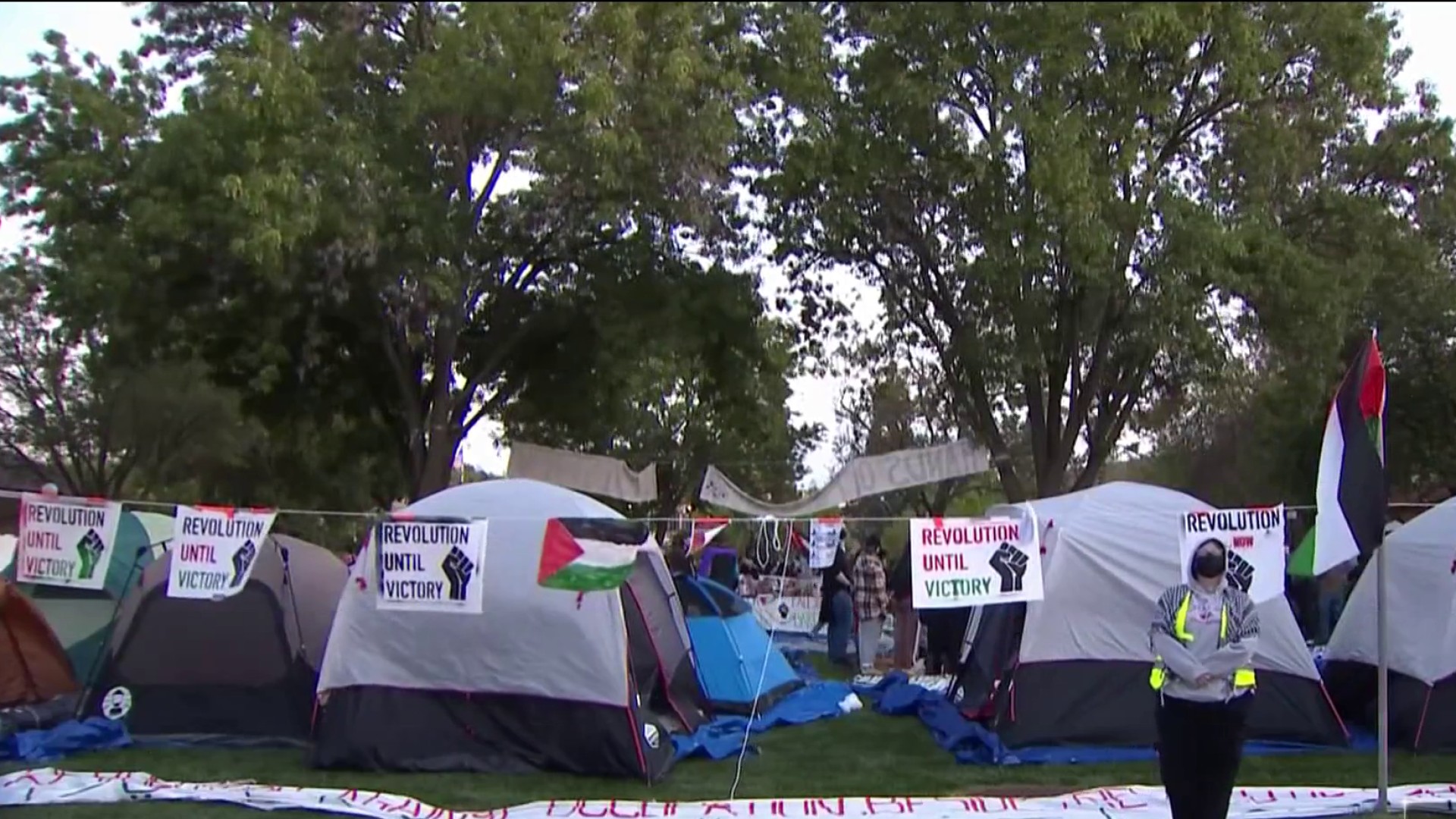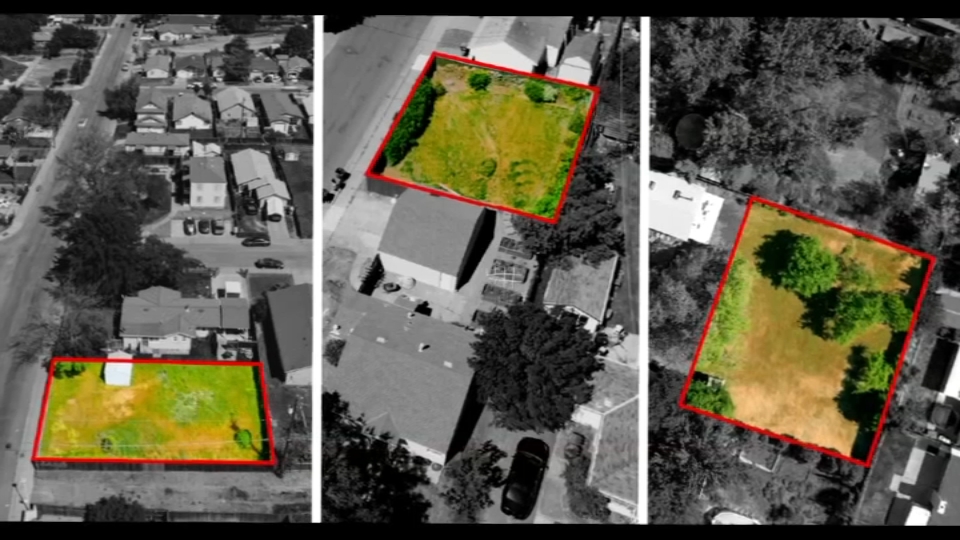An apparent brake problem forced BART to sideline one car in its so-called Fleet of the Future during its very first day of full service on Friday, sources told NBC Bay Area.
Sources said the brakes activated unexpectedly on one of 10 cars while the train was running on the Richmond line Friday night, forcing the train to come to a halt. That unexpected brake activation has been known to occur in the existing fleet, according to BART engineers.
In a statement issued Monday, BART said it has now sidelined two cars from the new fleet for maintenance and repair and that such hiccups had been predicted in new technology.
“This is not unexpected,” BART spokeswoman Alicia Trost said in the statement.
“We had projected that about seven out of the 10 new cars would be available for passenger service on any given day for the initial period of passenger service due to several factors,” Trost said, adding that such issues were to be expected with “any new machine of considerable complexity.”
Trost said some of the new cars have already logged more than 75,000 miles of testing and are due for routine preventative maintenance.
She noted that BART operators and repair technicians “face a learning curve in terms of how to deal with minor maintenance issues” and sending a car into the maintenance yard in Hayward “after an issue occurs serves the long-term goal of having a safe and reliable new fleet.’’
Local
After more than a year of delays, bugs and a failed inspection in November, the state Public Utilities Commission last week authorized BART to put its 775 new train cars into service. BART made some 2,900 modifications and conducted 400 tests of the new fleet cars during the extended test period.
In one early test glitch in 2016, an electrical failure involving monitoring equipment caused the brake system to stop working on one car, which ran off the end of the test track.
While Trost would not say what the specific problems were in the two sidelined cars, she concluded, the “bottom line” is that “we are confident the fact that two cars are undergoing maintenance today does not extrapolate into a larger, systemic problem. The pilot cars have passed all our tests and all of the CPUC’s tests.”



